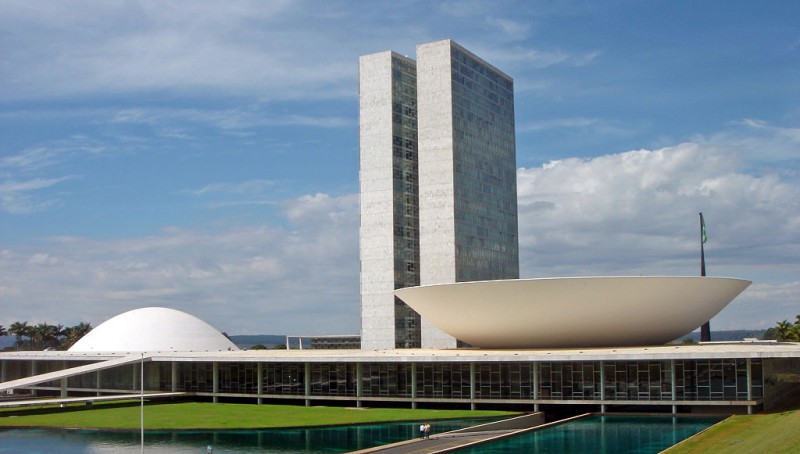Brazil’s senate approved a package of coal subsidies on Wednesday, which was smuggled into a bill on electricity sector privatisation at the last minute.
The provision, supporting “modernisation” of a coal power park, with new plants from 2023, was added after the Chamber had analysed the bill. Two senators objected that the incentives clashed with Brazil’s climate commitments, but were overruled.
“This article goes against everything Brazil has done to limit carbon dioxide emissions, and in the opposite direction from the rest of the world,” said Randolfe Rodrigues of the Sustainability Network party.
It comes just two weeks after Brazil’s development bank pledged to end support to coal plants, in favour of solar power. And a month ago, president Michel Temer ratified the Paris climate pact, confirming Brazil’s participation in global efforts to curb greenhouse gas emissions.
Weekly briefing: Sign up for your essential climate politics update
Green groups are urging president Michel Temer to veto the bill, citing inadequate debate.
“This issue has not been discussed with society as it should,” said Andre Nahur, head of climate change and energy at WWF Brazil. “In fact, during the vote at the Chamber, last week, no one even mentioned the word ‘coal’.”
President Temer has 15 days to decide how to proceed.
“The fight is not yet lost, we now have time to discuss this with the society and pressure the President to veto Article 20 of this project. The country has to walk its talk on climate and energy,” said Nahur.
Coal accounted for just 6% of Brazil’s energy use in 2014, but is making a comeback. A series of droughts have hit hydroelectric generation and raised concerns about energy security.
Following an auction for new coal capacity, a 600MW plant passed its first phase of environmental licensing this summer.
Brazil has promised to cut its greenhouse gas emissions 37% from 2005 levels by 2025, in a rare absolute emissions cut target from an emerging economy.
Critics pointed out it had all but met that goal already through reduced deforestation, meaning little extra effort would be needed.
